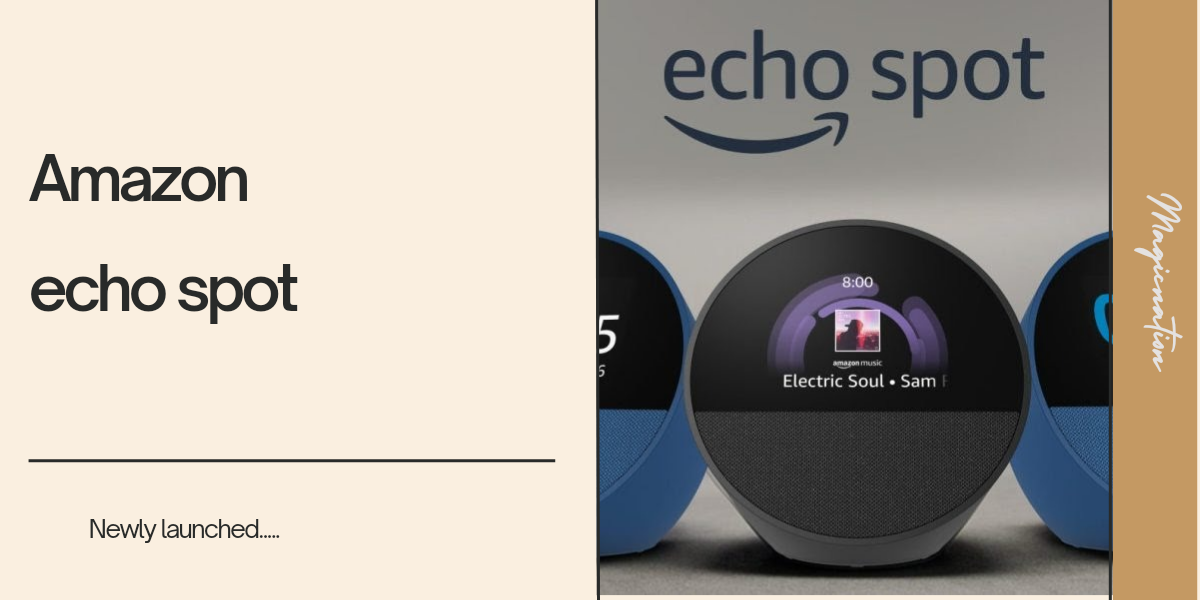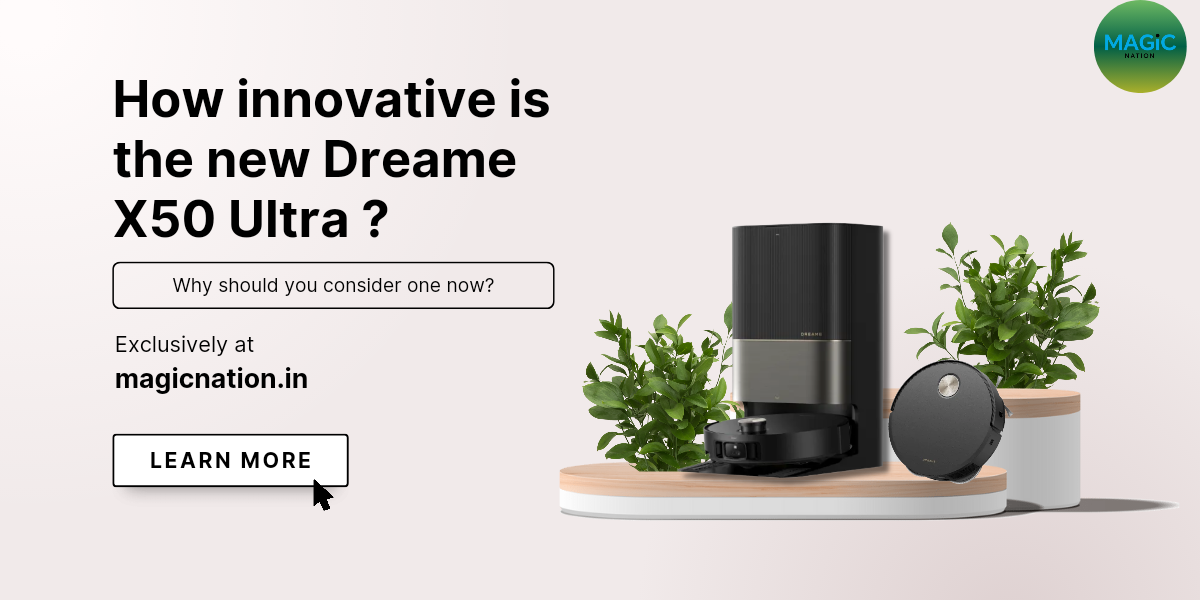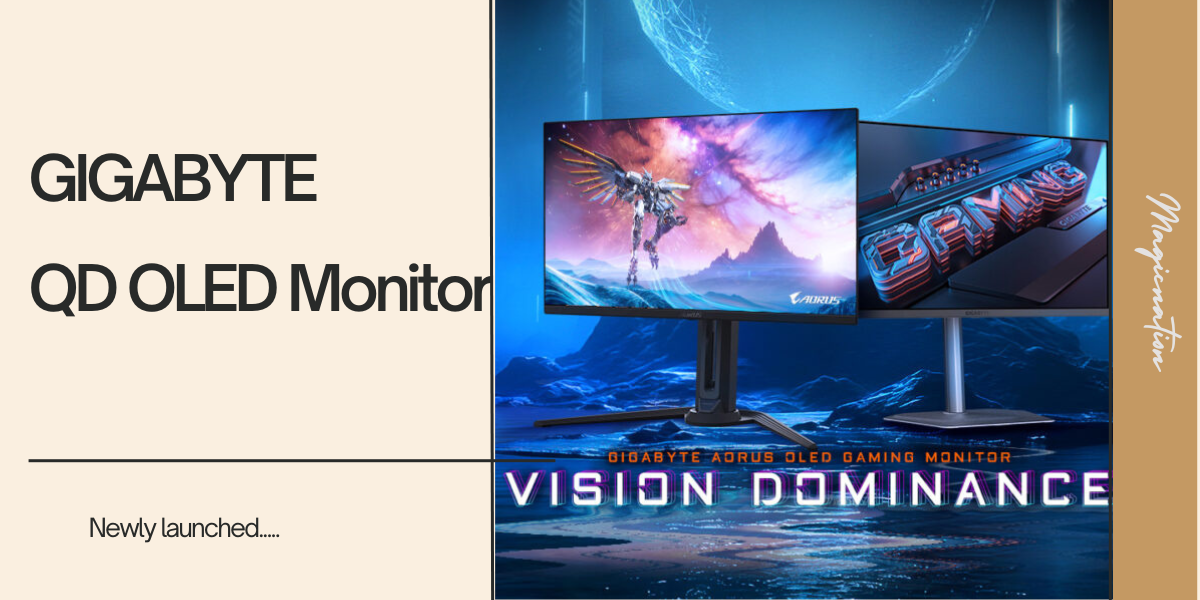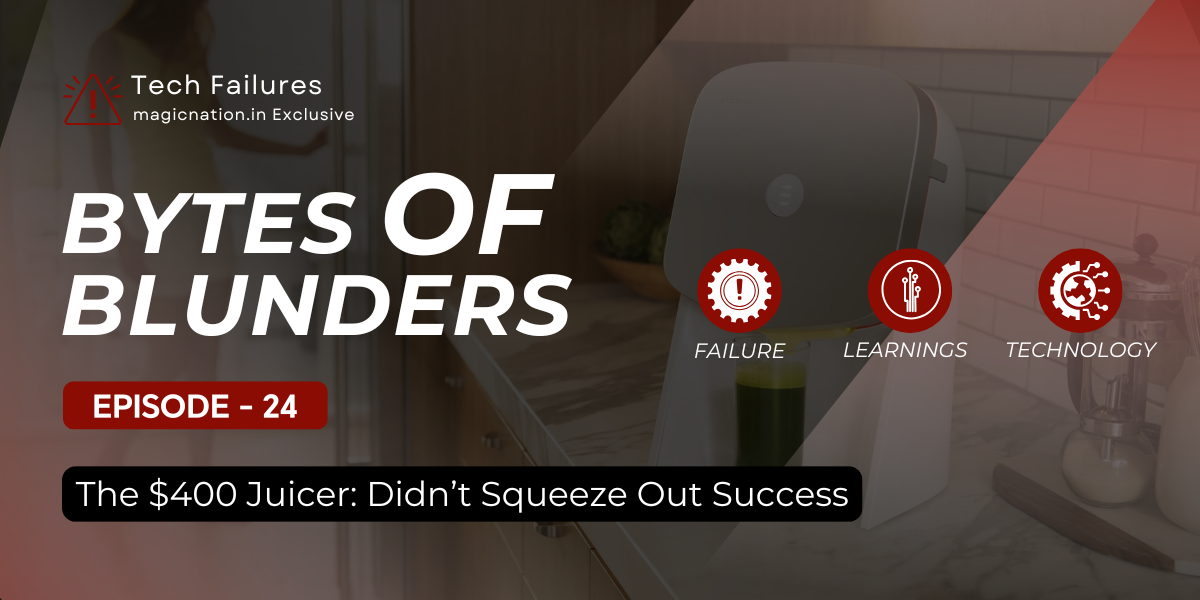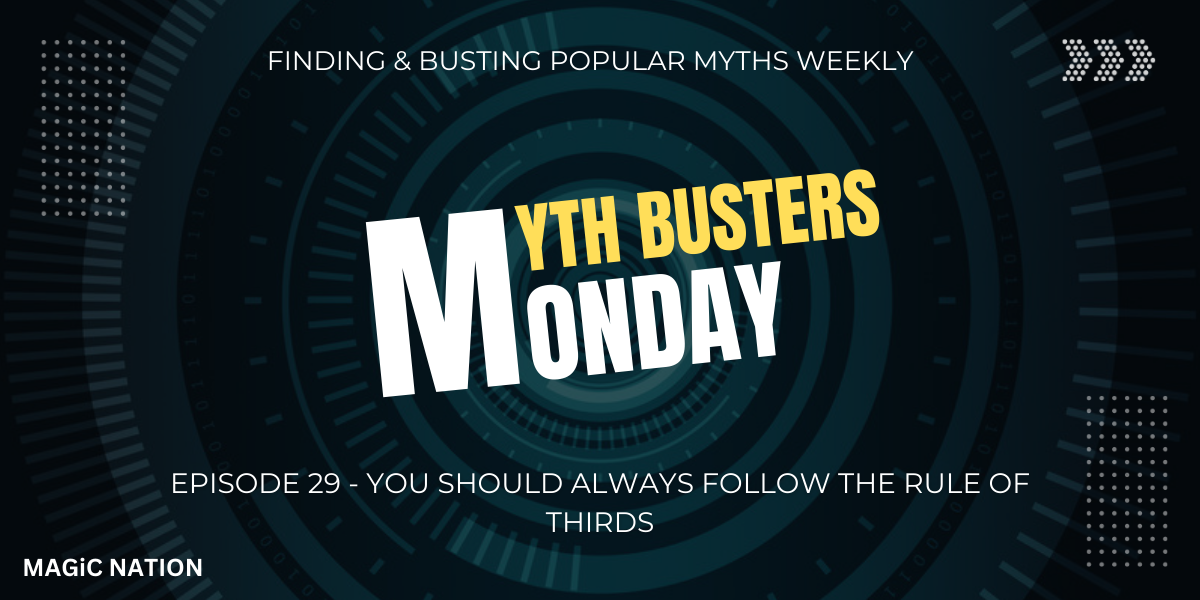
In a strategic move to accelerate its artificial intelligence (AI) development, Google has shifted its Gemini AI assistant team to its renowned DeepMind research lab. This is part of the tech giant's broader effort to consolidate AI-focused teams and boost innovation. As competition in the AI space heats up, Google is restructuring to maintain its leadership in both search technology and AI advancements.
Streamlining AI Development for Faster Progress
Google CEO Sundar Pichai announced the reorganization in a blog post, emphasizing the need to “increase the pace of progress” in AI. The Gemini AI team, responsible for developing Google's next-gen AI assistant, will now work under the DeepMind division, renowned for its cutting-edge research in AI. This move comes as part of a larger plan to unify Google’s AI efforts under one banner, creating a more efficient, faster-developing AI ecosystem.
In addition to the restructuring, Prabhakar Raghavan, who has led Google’s search and ads division for four years, is stepping down from his role. He will transition to a new position as Google’s Chief Technologist. Nick Fox, a seasoned Google executive and former deputy to Raghavan, will take over the company’s key businesses, including search, ads, maps, and shopping services.
Google’s Race to Compete in the AI Revolution
Once the undisputed leader in search technology, Google has recently faced growing pressure from Microsoft and OpenAI in the AI arena. Tools like ChatGPT and Bing AI have shaken up the industry, leading to a perception that Google was falling behind. However, Google’s aggressive restructuring of its AI teams aims to reposition the company at the cutting edge of AI innovation.
For the past six months, Google has been uniting its AI research teams to work more collaboratively. Earlier this year, Google moved its AI models and research, including responsible AI initiatives, under DeepMind’s leadership. Shortly afterward, Google merged DeepMind with Google Brain, a former rival research unit, to create a powerful AI research entity capable of developing advanced AI models like Gemini.
DeepMind’s Shift to Product-Driven AI
Originally founded in London in 2010 as an academic-style AI lab, DeepMind has evolved into a more product-oriented research division since being acquired by Google in 2014. DeepMind’s focus has shifted from pure research to developing practical, innovative AI technologies for Google's vast range of services.
In a recent interview with Bloomberg, Eli Collins, DeepMind’s Vice President of Product, noted that the lab had to “pick up the pace” to keep up with the rapid developments in AI. Collins highlighted that many of the world’s top AI research labs are now closely tied to product innovation, a trend DeepMind is fully embracing.
Why Google’s Gemini AI Is Key to the Future
Google’s decision to integrate the Gemini AI team into DeepMind shows its commitment to building smarter, more capable AI solutions that can challenge competitors like OpenAI and Anthropic. The Gemini AI project is seen as critical to Google’s future in AI, especially as it looks to incorporate AI-driven solutions into its core products like Google Search.
With its focus on creating AI-integrated products and leveraging DeepMind’s research capabilities, Google is positioning itself to deliver groundbreaking AI technologies that will shape the future of search and digital services. The integration will help Google remain competitive in an increasingly crowded AI market while speeding up the development of its next-gen AI models.
Navigating Legal Challenges Amid AI Advancements
While Google makes strides in AI, it faces significant legal challenges. In August, the company lost a major antitrust trial brought by the US Justice Department, which accused Google of monopolizing the online search and advertising markets. Another trial regarding Google’s dominance in ad technology concluded in September, with closing arguments expected in November. A ruling on the case is anticipated by the end of the year.
Despite these legal hurdles, Google’s AI restructuring signals its determination to stay ahead in the race for AI dominance. By centralizing its AI efforts under DeepMind and focusing on high-impact projects like Gemini, Google is setting the stage for a new era of AI innovation while navigating the challenges of regulatory scrutiny.
Conclusion: Google’s AI Revolution Is Underway
Google’s move to consolidate its Gemini AI team within DeepMind marks a pivotal moment in its quest for AI leadership. As it works to streamline its AI operations and roll out more advanced tools, Google is clearly preparing to compete head-to-head with the likes of Microsoft and OpenAI. With Gemini AI positioned as a core focus for the company, and DeepMind driving AI innovation, Google is on track to deliver the next wave of cutting-edge AI technologies.
This AI restructuring not only shows Google's commitment to maintaining its edge in the AI revolution but also highlights its ability to adapt and innovate in the face of growing competition. The future of AI at Google is now more focused, faster-paced, and product-driven than ever before.




